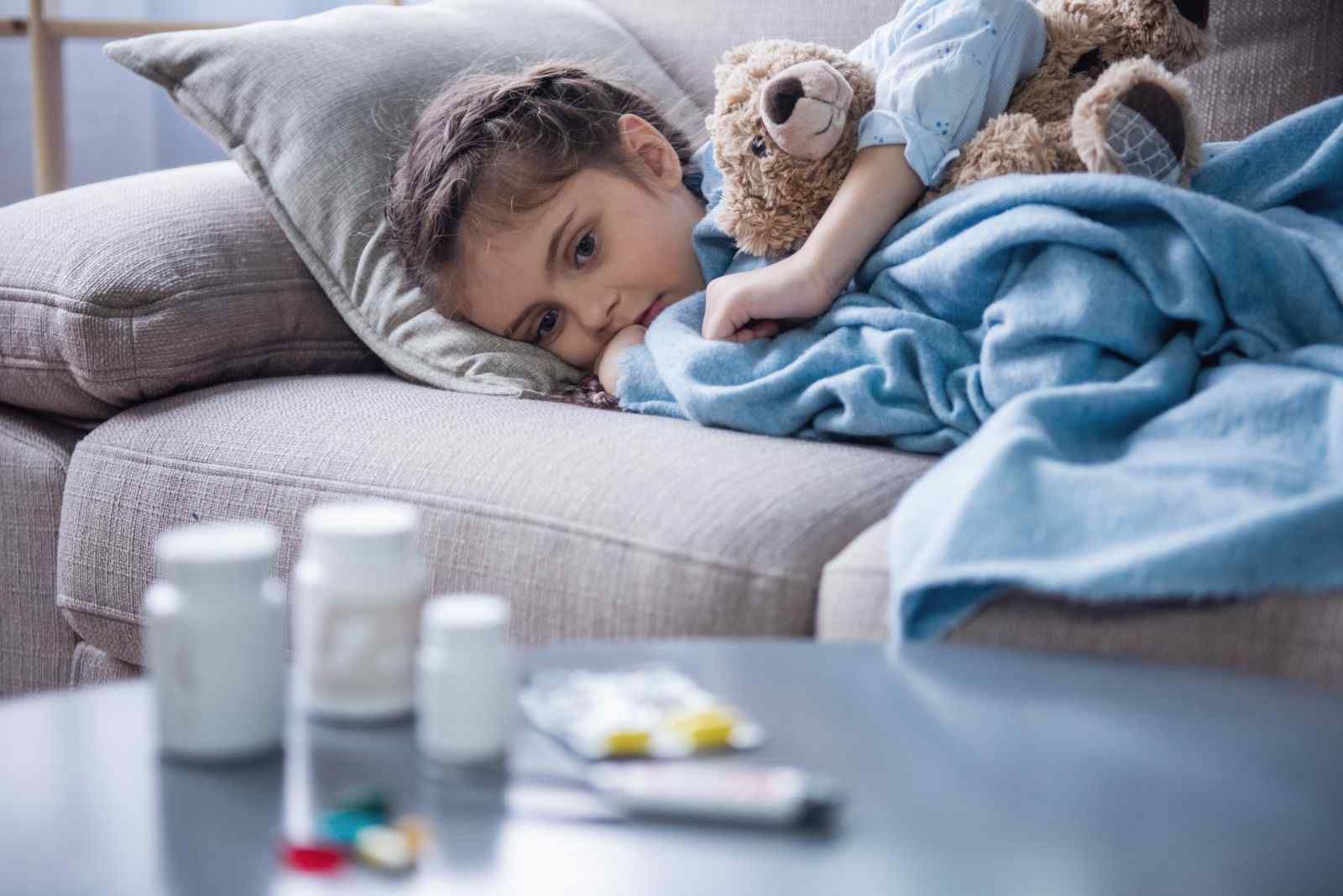As a parent, it may sound scary to hear a doctor recommend ear tube surgery for your young child. However, ear tubes for kids are common and necessary. Not only can ear tubes improve your child's quality of life, but they can also help youngsters physically, socially, and even emotionally after being put in place.
If you're wondering what to expect after ear tube surgery in toddlers, you can start by learning more about ear tubes and how they work. That way, you can understand their short-term and lasting benefits.

What Are Ear Tubes for Kids?
Children, especially toddlers, are sometimes prone to getting ear infections. One type of infection is called otitis media. Otitis media affects the middle ear, leading kids to experience everything from pain and fever to fluid from the ear.
Left untreated, continuous otitis media can become a serious problem and affect children's ability to hear correctly, leading to needed hearing restoration solutions in the future. A course of antibiotics is the first treatment to address otitis media. However, not every case of otitis media responds to antibiotics. If the condition persists, a doctor may suggest that the child have special tubes placed in the ear.
These are tiny tubes placed in the child's eardrum during a safe surgical procedure. The tubes allow fluids that build up in the ear to drain more predictably. They also help air reach the ear's interior to dry up fluids and ensure a healthier inner ear. By reducing internal ear pressures, the ear tubes allow the child to hear and function as expected.
How long do ear tubes stay in? The answer is best described as: "It depends." A doctor does not remove most ear tubes and fall out alone. This usually happens over several months. Occasionally, a young person who is prone to recurrent otitis media will require multiple ear tube surgeries.
Why Would a Child's Behavior Change After Getting Ear Tubes?
Parents should expect the possibility of their child exhibiting behavior changes after ear tubes. This is understandable, given that otitis media can be uncomfortable and frustrating for kids.
Many children with otitis media will be cranky due to pain. They may even appear challenging to work with because they can't fully communicate or hear what's being asked of them. Some children who develop otitis media may stop socializing or become withdrawn. Of course, every youngster is different, but it's easy to see how challenging having a nagging ear infection can be for a growing child.
After undergoing ear tube surgery, children negatively affected by infection usually behave much differently. For example, you might notice that your toddler:
- Wants to talk more often. Kids frequently become chattier after getting ear tubes because they can correctly hear. Plus, moving their jaw doesn't hurt, which can sometimes happen with ear infections.
- Speaks with better enunciation and diction. Kids who get ear tubes may be able to pronounce words more clearly. This gives them the confidence to speak up and learn.
- Cries less often. Children cry for a variety of reasons. If your toddler spends a lot of time upset because of ear pain, getting rid of the ear pain and discomfort can make them happier.
It's important to note that these behaviors won't surface overnight. They will take time to develop. Nevertheless, most kids who get ear tubes recover quickly and begin to get all the advantages of the procedure.
How Can You Know When Your Child Needs Ear Tube Surgery?
Are you wondering if maybe ear tube surgery could help your toddler? The only way to tell is to visit a doctor specializing in ear, nose, and throat conditions. Some signs that your little one may have otitis media or another type of infection include:
- They tug at their ears.
- They have fevers for no apparent reason.
- Their balance is "off".
- They can't sleep.
- They have drainage (usually clear) coming from out of their ears.
- They can't seem to hear well.
- They are atypically angry or irritated.
- They tell you their ears hurt.
If you notice these symptoms in your toddler and live close to ENT of Georgia South, please contact us. Scheduling a visit to determine what's wrong can be a significant first step toward having a healthier, more playful child!

